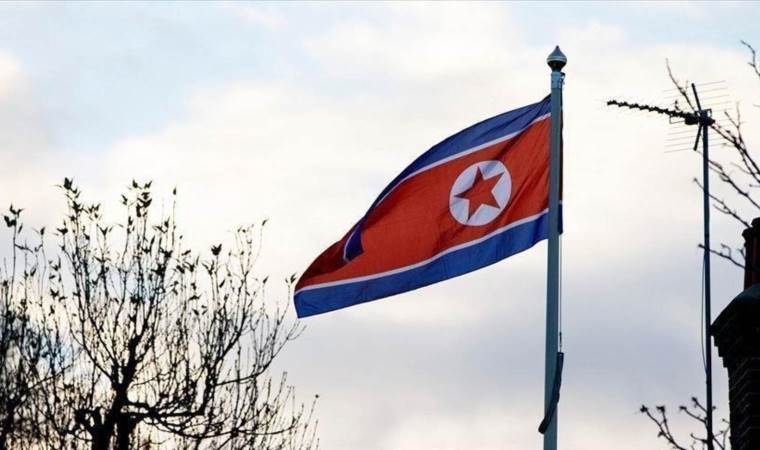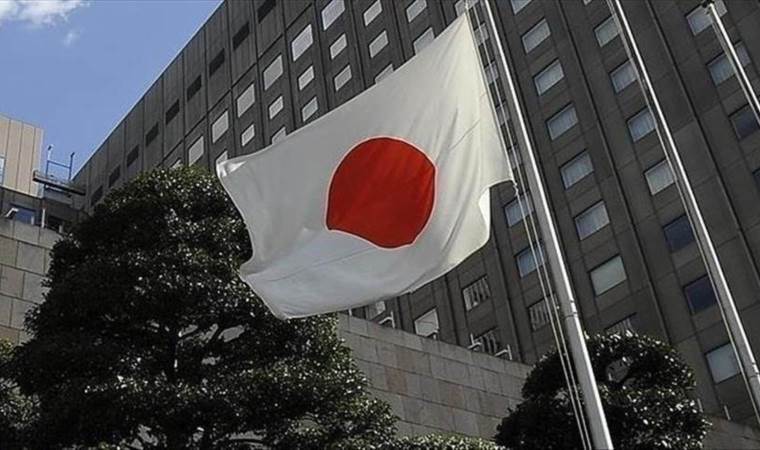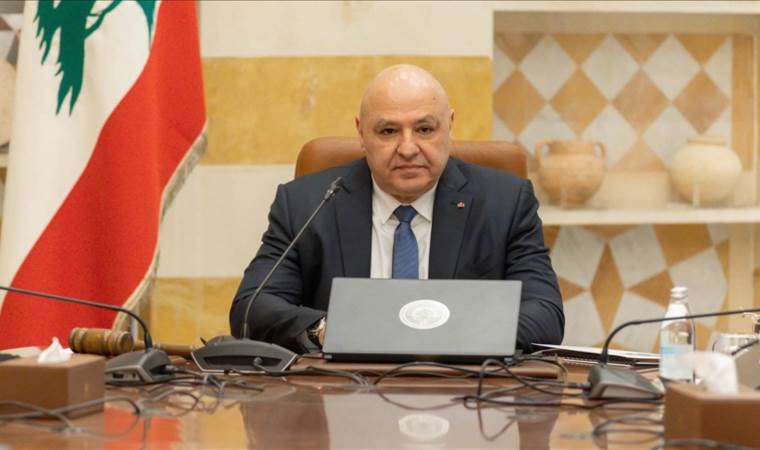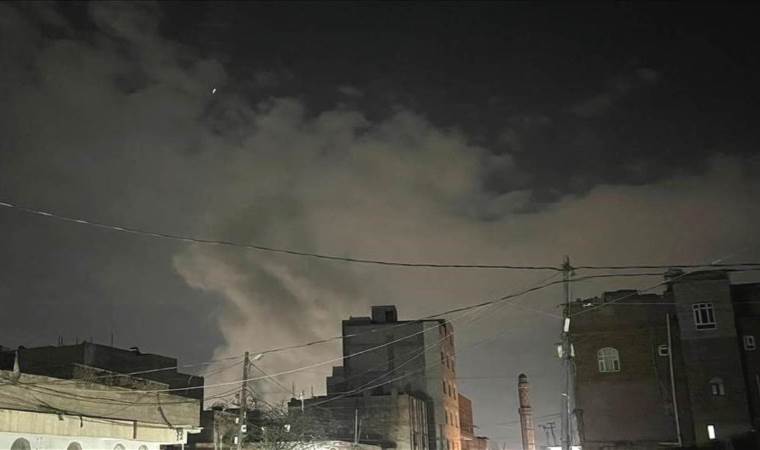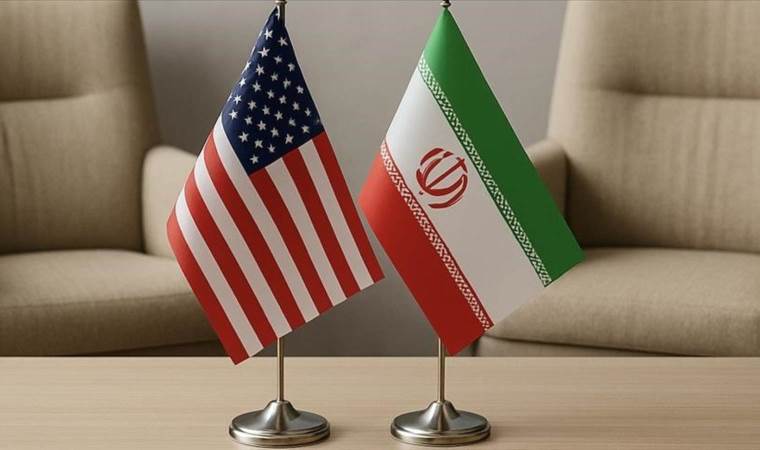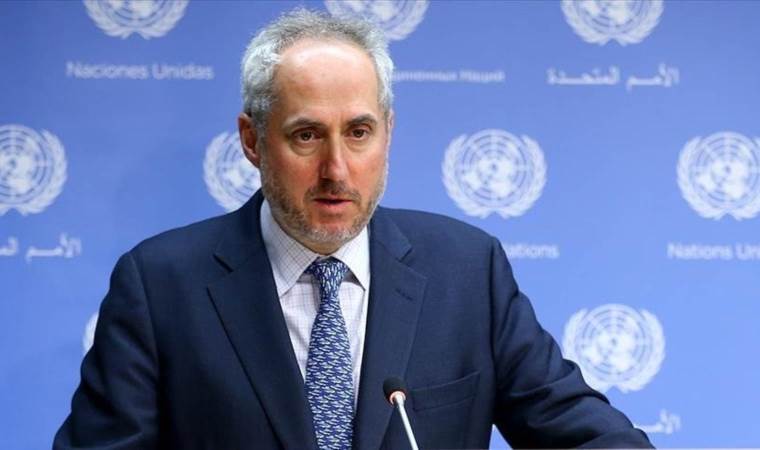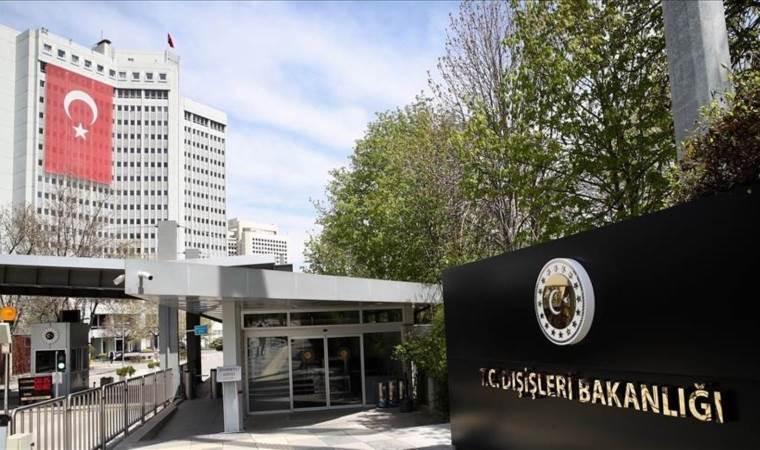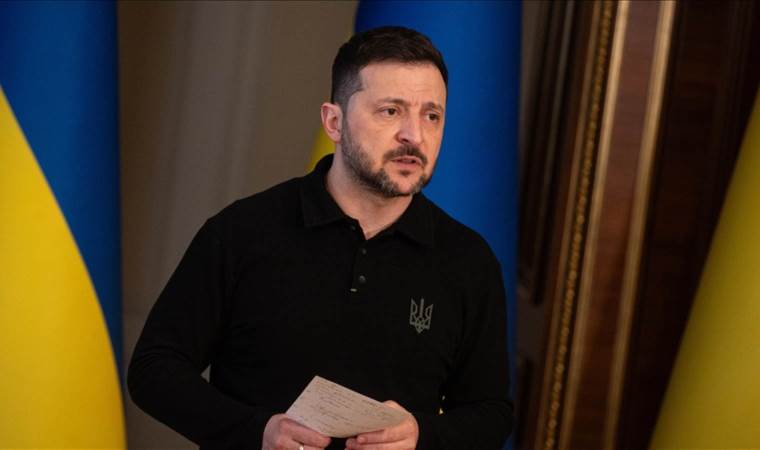Germany hopes for stability in Russia after Wagner uprising
'That was a very, very serious matter. We hope the situation will stabilize,' says government spokesman.

Germany on Monday expressed hope that the situation in Russia would stabilize in the aftermath of the Wagner mercenary group uprising.
“I think that was a very, very serious matter. We hope that the situation will stabilize …,” German government spokesman Steffen Hebestreit said at a weekly news conference in Berlin.
“We followed the situation very closely. The consequences of this will only become apparent in the next few days, weeks, and months,” he added while pointing out that this was Russia’s internal affair.
Asked whether Russian President Vladimir Putin was weakened by the Wagner uprising, Hebestreit refused to give his assessment of the situation.
The Wagner group, which over the weekend marched on Moscow, made a deal with the Kremlin to end the insurgency.
As part of the agreement, reportedly brokered by Belarusian President Alexander Lukashenko, the head of the Wagner mercenaries Yevgeny Prigozhin would move to Belarus and the criminal case against him would be dropped, according to the Kremlin.
Wagner accused Russian forces of attacking its fighters Friday and the group subsequently crossed from Ukraine into the Russian city of Rostov-on-Don.
In response, the Federal Security Service in Russia initiated a criminal case against Wagner for "armed mutiny." Russian President Vladimir Putin labeled Wagner's uprising as an act of "treason."
Prigozhin said his fighters would proceed to Moscow, prompting the Kremlin to enhance security measures across various regions of the country.
He later claimed his fighters decided to turn back to avoid bloodshed when they were 200 kilometers (124 miles) from Moscow, while Belarusian President Alexander Lukashenko said he held talks with the Wagner's head with Putin's consent, and Prigozhin accepted a de-escalation deal.
Most Read News
-
 Chinese satellite company rejects US accusation of suppo
Chinese satellite company rejects US accusation of suppo
-
 North Korea slams Trump's decision to ease weapons expor
North Korea slams Trump's decision to ease weapons expor
-
 Japan to discuss car safety standards in Trump tariff ta
Japan to discuss car safety standards in Trump tariff ta
-
 Lebanon waits for ‘right conditions’ to bring all weapon
Lebanon waits for ‘right conditions’ to bring all weapon
-
 3 killed in US attack on Sanaa: Houthi group
3 killed in US attack on Sanaa: Houthi group
-
 US, Iran 'made very good progress' in talks: US official
US, Iran 'made very good progress' in talks: US official
-
 UN notes Russia's ceasefire in Ukraine, says spokesman
UN notes Russia's ceasefire in Ukraine, says spokesman
-
 Türkiye closely monitoring case of Turkish student detai
Türkiye closely monitoring case of Turkish student detai
-
 Nationwide rallies in US oppose Trump administration pol
Nationwide rallies in US oppose Trump administration pol
-
 Both Russia, Ukraine allege Easter ceasefire violations
Both Russia, Ukraine allege Easter ceasefire violations

